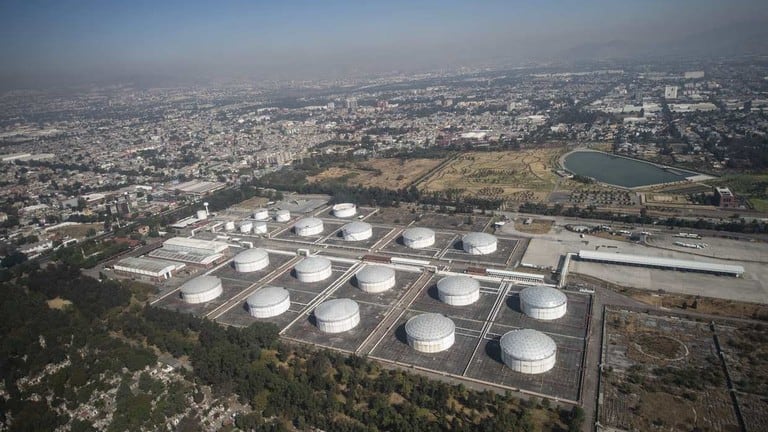Major North American oil producer to end crude exports

Mexico seeks to become energy independent
Mexico will suspend crude oil exports in two years in a bid to focus on domestic self-sufficiency, various media have reported.
The move is part of President Andres Manuel Lopez Obrador’s plan to increase local fuel production to reduce dependence on imported fuels.
The export phase-out announcement was made by the chief executive of Pemex, Octavio Romero, who also said that Mexico would reduce oil exports from next year by more than 50%, to 435,000 barrels per day (bpd).
Currently, Mexico is the third-largest oil exporter in the Americas, after the United States and Canada, according to data from the US Energy Information Administration.
The main destinations for its crude are its northern neighbors in North America and China, India, and South Korea, as well as European countries. A cut in exports could make some of these importers look for alternative suppliers.
Fuel demand in Mexico has risen during the pandemic but local oil production has failed to follow. Refining capacity is also a problem, although President Lopez Obrador’s plans include the construction of a new refinery with a capacity of 340,000 bpd. The refinery has a price tag of $12.4 billion, according to calculations from earlier this year, as reported by Argus.
If Mexico indeed stops exporting crude oil, this will hit US Gulf Coast refiners hard as it will cut off yet another source of heavy oil, for which their refineries have been configured. Another major source of heavy crude used to be Venezuela, but US sanctions against Caracas ended the flow of heavy Venezuelan crude to the Gulf Coast.
According to the Bloomberg report, there are also doubts about Pemex’s own capacity of refining all of its crude oil output. A long period of underinvestment in refinery maintenance has reduced operating capacity significantly, and it is questionable whether the state energy giant would be able to turn things around in just two years.
Pemex is currently the most indebted oil company in the world despite major efforts by the Lopez Obrador government to support it through tax breaks and other debt-relief measures.




